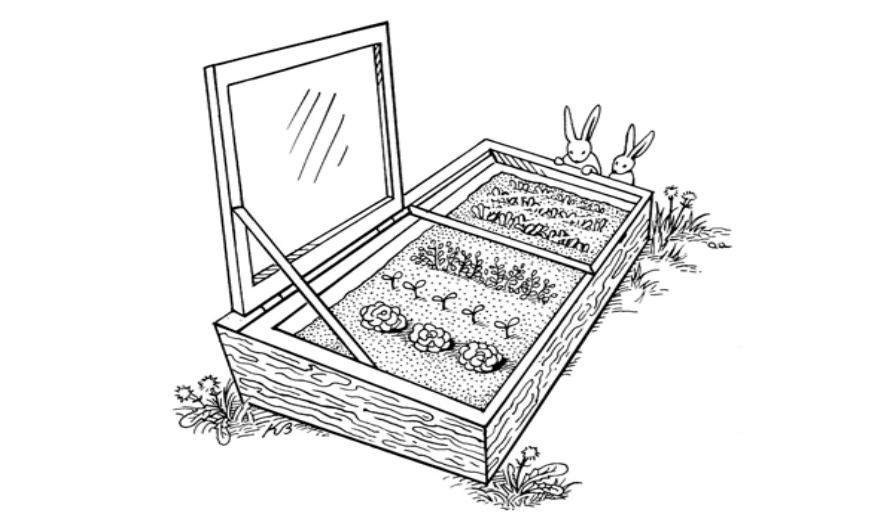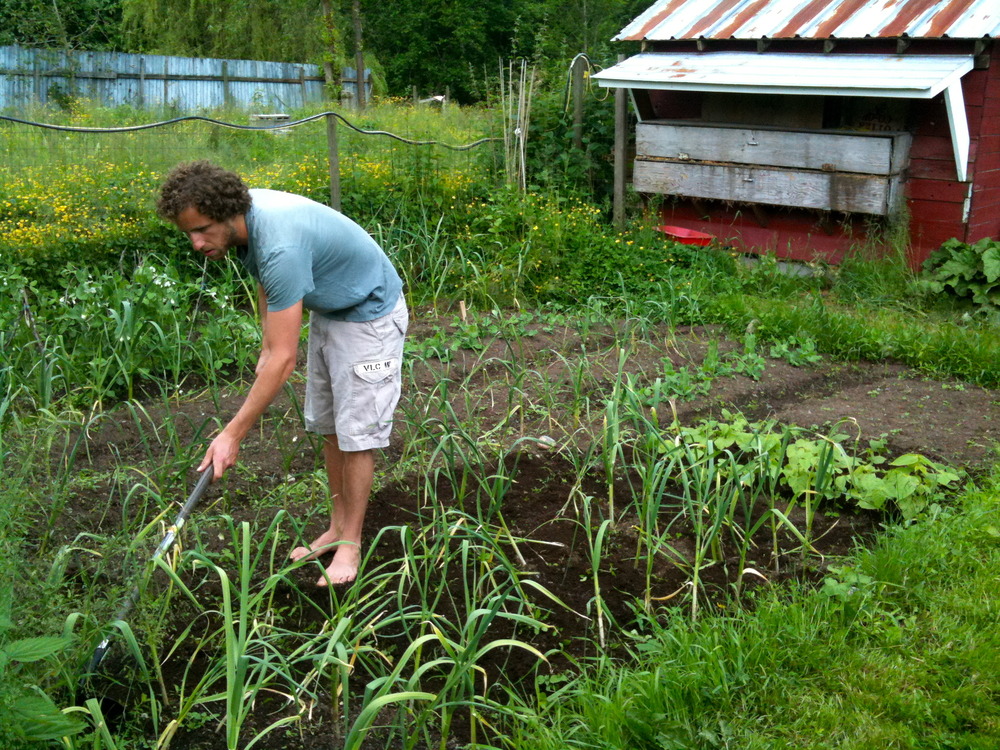This Saturday, March 25th, is the newest workshop in the Growing Food course series that Gail Szostek is teaching in Maple Ridge. The Growing Food course is a 12 month workshop series that teaches hands-on gardening skills every step of the way through all four seasons.
This month’s workshop will focus on growing and transplanting seedlings with the hands-on part of the session taking place on our farm! FUN!
The indoor part of the workshop will be held at the CEED Centre (11739, 223rd Street in Maple Ridge), beginning at 12pm. After that, the group will head over to our property to learn how to build a hotbed – a great garden structure that helps seedlings get established even when spring weather isn’t. The class will officially wrap up at 4pm (but we’re happy to give farm tours to anyone who wants to linger for a little while).
The workshop costs $40. RSVP’s aren’t neccessary, but are helpful. If you’d like to RSVP, please email Gail at greenspaceconsulting@live.com.
We hope to see you at the workshop and at our farm! For more info on the Growing Food course, see the workshop event link on the GETI website.
UPDATE: Here’s some more info from Gail…Hi all!
The next Growing Food Session is this Saturday, March 24. This time we will be talking about starting your garden plants early. We will be starting at 12:00 noon at the CEED Centre, in the outside shelter area; we will be looking at different types of containers and soils to grow seeds in; we will be learning how to avoid “damping off” and learning how to “prick out”; we will be learning about what to watch for in seedling growth; and you will each get to take a seedling home with you. We will learn which seeds you can plant out in your garden now, and which ones need to wait. About 2:00 we will be travelling over to the Moerman farm to build an old fashioned “hotbed” which is the perfect place to start plants early without added electricity but still ensuring unseasonal warmth for the little seedlings. We will be digging, shovelling, hammering and constructing, so wear your work clothes and bring your gloves and shovels. The weather is supposed to cooperate and give us a nice sunny spring day, so it should be AWESOME!!

